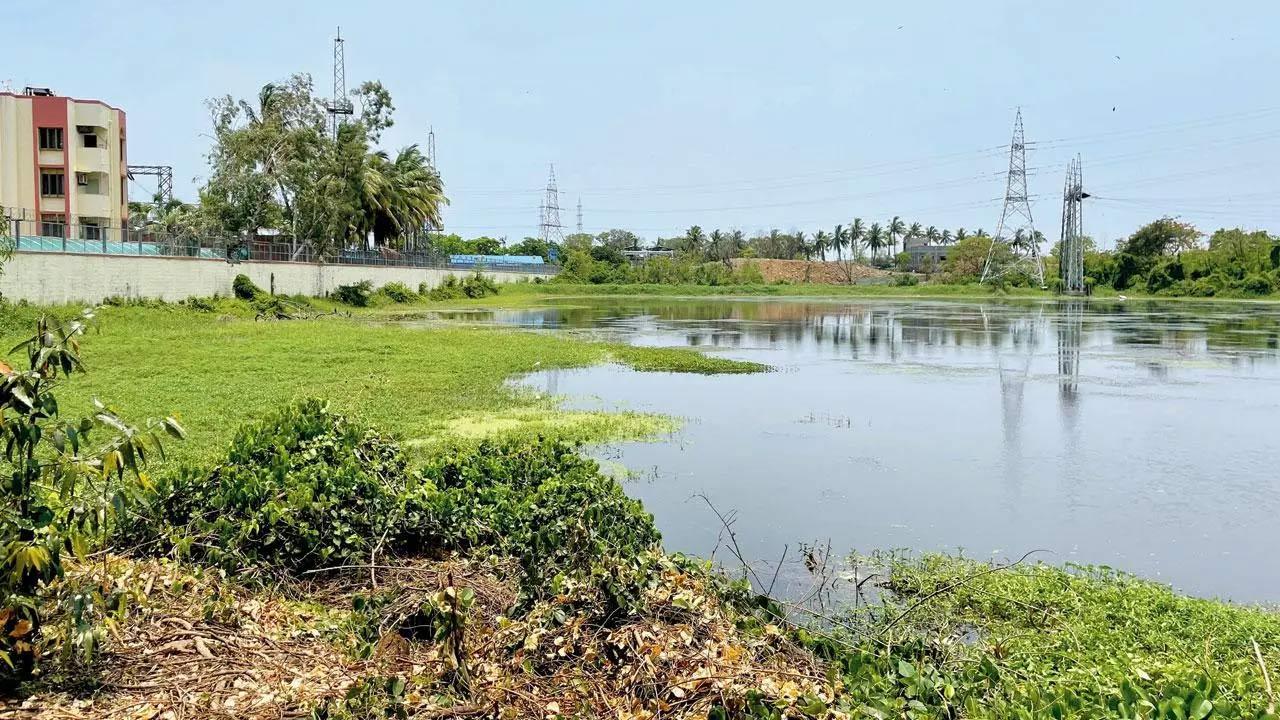Let us do all we can to preserve any biodiversity site. In a city choked by concrete, these are oases, life giving, sustainable, serene and scenic sites

Lokhandwala Lake
Lokhandwala Lake, which is a birder’s paradise with over 100 species, including migratory birds is awaiting wetland status, a report in our paper said.
ADVERTISEMENT
Even as this is awaited, an aggressive aquatic plant, Ipomoea, is spreading rapidly, threatening its fragile ecosystem. This invasive species can cover large waterlogged areas, impacting birdlife and aquatic diversity. Conservationists stress that a protected status would enable controlled vegetation removal, ensuring open water availability.
Environmentalists and residents of western suburbs, including members of the Lokhandwala Oshiwara Citizens Association (LOCA), have been demanding that Lokhandwala Lake be officially recognised as a wetland to secure its protection.
Let authorities seek this status and ensure that a precious, natural resource, with great ecological significance, is protected from all kinds of threats like dumping and even encroachment, like we often see at environmental spots across the city.
Experts have warned that while Ipomoea has ecological benefits, its unchecked spread could choke the lake, making controlled vegetation removal necessary.
Officials should do all they can to conserve this and maybe a meeting of experts, authorities and residents all the primary stakeholders can set conservation and preservation in motion. When one engages with locals, one can also learn about any other possible threats and how to nip behaviour like littering around the lake. Does this need more vigilance? Would punitive measures work? These questions could be answered. There is also the menace of bird feeding, which needs to be banned.
Let us do all we can to preserve any biodiversity site. In a city choked by concrete, these are oases, life giving, sustainable, serene and scenic sites.
 Subscribe today by clicking the link and stay updated with the latest news!" Click here!
Subscribe today by clicking the link and stay updated with the latest news!" Click here!







